Tag Archive for: START
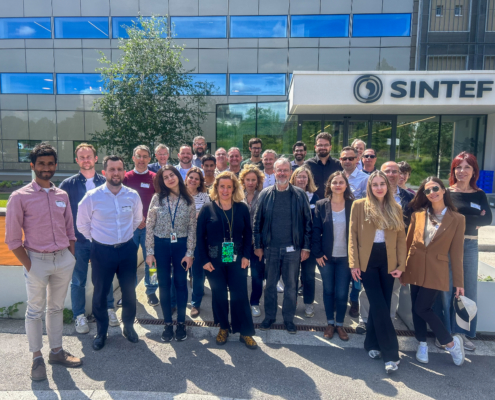
START Consortium Meeting, 6 & 7 June 2024, Oslo, Norway
The 2024 annual START meeting was held during the 6th and 7th…
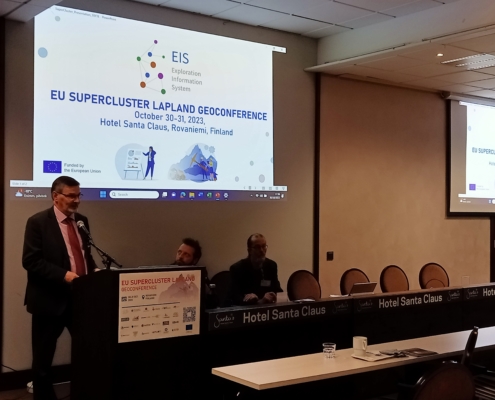 La Palma Research Centre
La Palma Research CentreLPRC’s projects at the EU SuperCluster Lapland Geoconference
LPRC participated in the EU's Supercluster Lapland Geoconference…
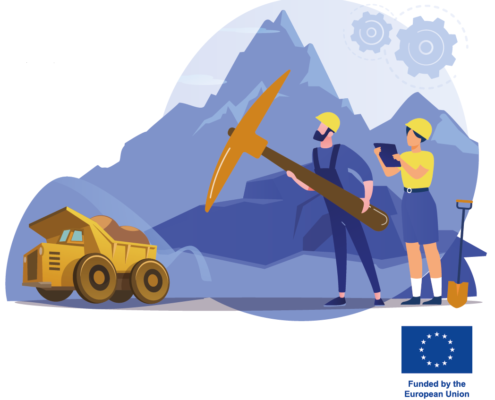
SuperCluster Lapland Geoconference, Rovaniemi, Finland (30 & 31 October 2023)
The SuperCluster Lapland Geoconference will take place on the…
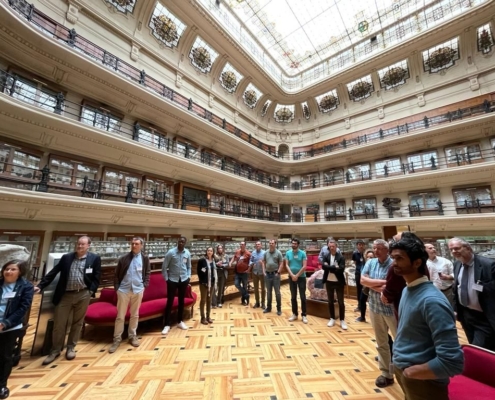 EPMA
EPMASTART Project Annual Meeting, Madrid, May & June 2023
The LPRC team joined its counterparts in the START project for…
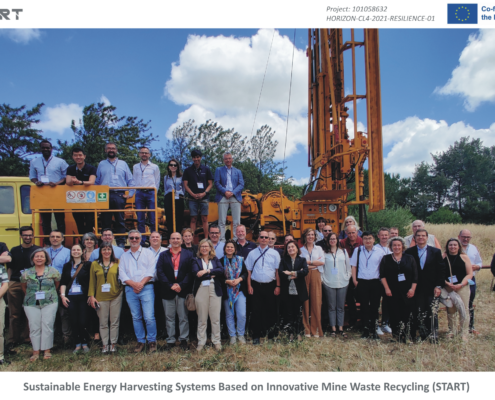 START
STARTSTART Kick-off meeting, Lisbon, 20-21 June 2022
We are very proud to announce the official beginning of the START…
